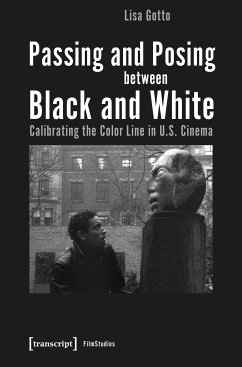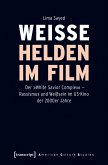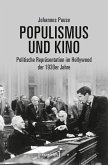Since its inception, U.S. American cinema has grappled with the articulation of racial boundaries. This applies, in the first instance, to featuring mixed-race characters crossing the color line. In a broader sense, however, this also concerns viewing conditions and knowledge configurations. The fact that American film engages itself so extensively with the unbalanced relation between black and white is neither coincidental nor trivial to state - it has much more to do with disputing boundaries that pertain to the medium itself. Lisa Gotto examines this constellation along the early history of American film, the cinematic modernism of the late 1950s, and the post-classical cinema of the turn of the millennium.
Dieser Download kann aus rechtlichen Gründen nur mit Rechnungsadresse in A, D ausgeliefert werden.
»[The book] makes a compelling case for engaging with representations of racial passing on screen with a specific focus on aesthetics and form, and the ways in which they have contributed to filmic innovation in the United States.«
Lea Espinoza Garrido, Amerikastudien, 68/4 (2023) 20240116
Lea Espinoza Garrido, Amerikastudien, 68/4 (2023) 20240116









